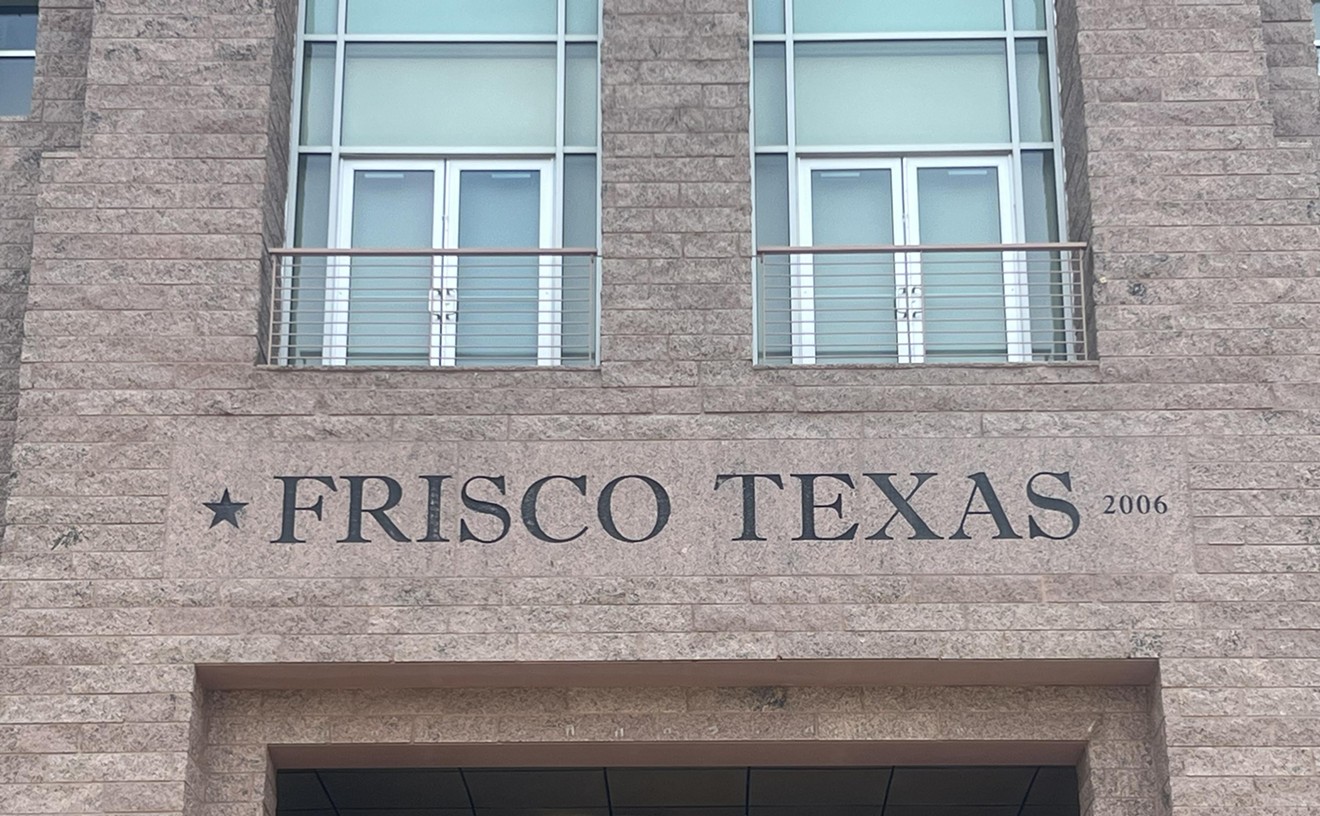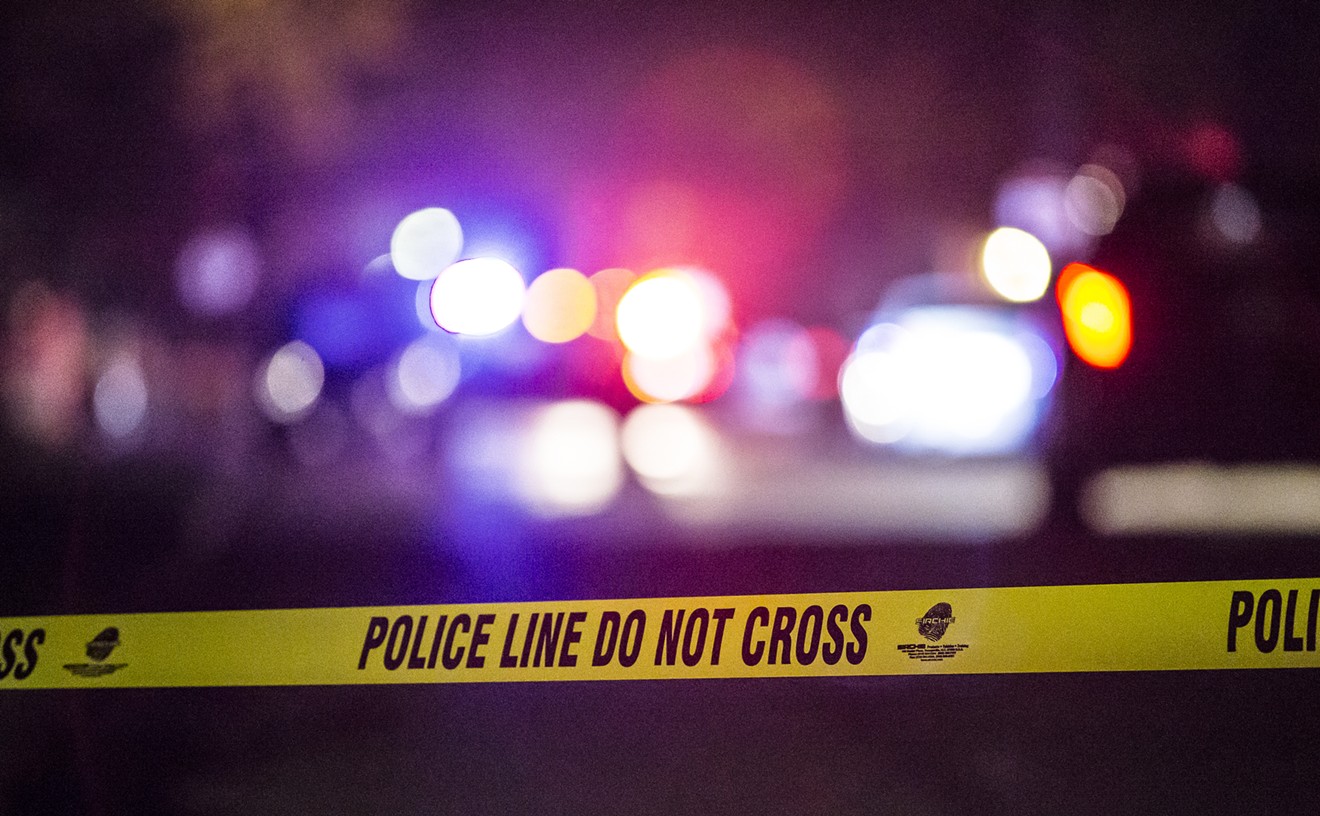UPDATE, Nov. 17: This story has been edited to include comments from state Rep. Gene Wu.
Texas poker rooms could be in trouble this legislative session with the filing of House Bill 732.
The bill filed by Rep. Gene Wu, a Houston Democrat, would eliminate a defense against prosecution that many poker rooms in the state have used to avoid charges of illegal gambling. Texas law has previously provided such a defense as long as three criteria were met: the gambling was happening in a private place, everyone had a fair chance of winning and the house didn’t take a cut of the bets.
Poker rooms have cropped up all over the state using this part of the law to stay in businesses. Opponents have since claimed that the law was never meant to apply to businesses. The term private place was intended to mean a place more like a home, not a spot like Texas Card House in Dallas, gambling opponents argue.
Texas Card House was the first legitimate poker room to open in Dallas. Players pay a membership fee for a spot at the table and buy concessions throughout the games. That’s how Texas Card House makes its money. It doesn’t take a cut of the pots, everyone has a fair chance of winning and the place is run like a private club.
In efforts to shut such businesses down in the city, Dallas attorneys have argued that poker rooms open to the public (even though many operate on a membership basis) shouldn’t be labeled private places, especially considering how many people come through them. A legal battle between Dallas and its poker rooms could end up before the Texas Supreme Court.
Wu’s bill changes terms used in the defense against prosecution for gambling in Texas. If passed, the term “private place” would be replaced with "private residence.” It reads, “It is a defense to prosecution under this section that: (1) the actor engage in gambling in a private residence.”
Wu told the Observer in an emailed statement that the intent behind his bill is to clarify the law. “These legal defenses were written to allow for legal private gaming in the state without authorizing commercial operations,” Wu said. “In recent years these defensed have been used to create private poker clubs that attempt to operate within their language, while creating for-profit gaming enterprises.”
He added, “Since it is likely that creating a licensing process to regulate these clubs is not politically achievable in our current Legislature, we believe that clarifying the law in this manner is the only way to eliminate the confusion around these clubs.
Private residence is defined in the bill as “a dwelling to which the public does not have access, and excludes, among other places, streets, highways, restaurants, taverns, nightclubs, schools, hospitals, and the common areas of apartment houses, hotels, motels, office buildings, transportation facilities, and shops.”
This would wipe out the gray area of the law in which Texas poker rooms have been operating. Ryan Crow, owner of Texas Card House, told the Observer he expected challenges in this legislative session but wasn’t sure what form they would take.
Without this gray area, 200 employees at Texas Card House alone stand to lose their jobs. The $2 million in construction and other costs the business spent to get up and running? That will essentially be lost. Then, all the business and money the poker rooms brought into the state will go elsewhere, he said, likely to Oklahoma or Las Vegas, or to the illegal underground games that operate throughout Texas.
Crow said he’s working with a number of poker clubs to establish an association to represent Texans who want to play poker and are willing to fight obstacles like Wu's bill.
“We have a couple of bills we plan to submit as well and, of course, we’re going to be talking to representatives about that one [HB 732] and hopefully making sure it doesn’t pass,” Crow said. “That bill would put thousands of people out of a job … and also push tens of thousands of poker players back underground into illegal games. So, hopefully, we can get that message to the legislators and they agree it’s not a good idea to push that bill through.”

Audio By Carbonatix
[
{
"name": "Air - MediumRectangle - Inline Content - Mobile Display Size",
"component": "18855504",
"insertPoint": "2",
"requiredCountToDisplay": "2",
"watchElement": ".fdn-content-body",
"astAdList": [
{
"adType": "rectangle",
"displayTargets": "mobile"
}
]
},{
"name": "Editor Picks",
"component": "17105533",
"insertPoint": "4",
"requiredCountToDisplay": "1",
"watchElement": ".fdn-content-body",
"astAdList": [
{
"adType": "rectangle",
"displayTargets": "desktop|tablet"
},{
"adType": "rectangle",
"displayTargets": "desktop|tablet|mobile"
}
]
},{
"name": "Inline Links",
"component": "18349797",
"insertPoint": "8th",
"startingPoint": 8,
"requiredCountToDisplay": "7",
"maxInsertions": 25
},{
"name": "Air - MediumRectangle - Combo - Inline Content",
"component": "17105532",
"insertPoint": "8th",
"startingPoint": 8,
"requiredCountToDisplay": "7",
"maxInsertions": 25,
"watchElement": ".fdn-content-body",
"astAdList": [
{
"adType": "rectangle",
"displayTargets": "desktop|tablet"
},{
"adType": "rectangle",
"displayTargets": "desktop|tablet|mobile"
}
]
},{
"name": "Inline Links",
"component": "18349797",
"insertPoint": "8th",
"startingPoint": 12,
"requiredCountToDisplay": "11",
"maxInsertions": 25
},{
"name": "Air - Leaderboard Tower - Combo - Inline Content",
"component": "17105535",
"insertPoint": "8th",
"startingPoint": 12,
"requiredCountToDisplay": "11",
"maxInsertions": 25,
"watchElement": ".fdn-content-body",
"astAdList": [
{
"adType": "leaderboardInlineContent",
"displayTargets": "desktop|tablet"
},{
"adType": "tower",
"displayTargets": "mobile"
}
]
}
]












